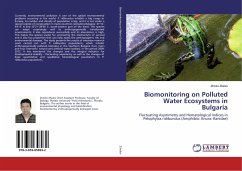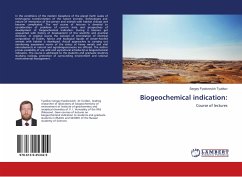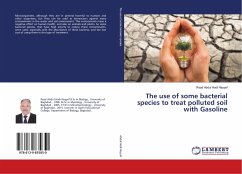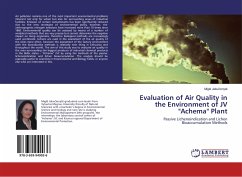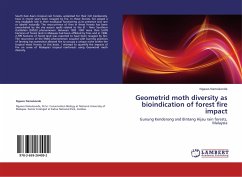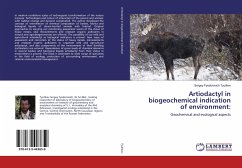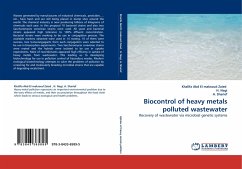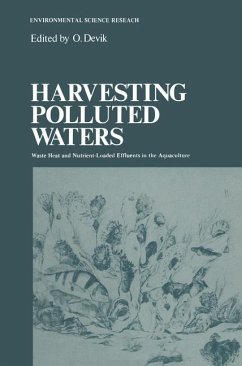Currently, environmental pollution is one of the global environmental problems occurring in the world. P. ridibundus inhabits a big range in Eurasia, its number and density of population is big, and it is not under a special regime of conservation in many countries (including Bulgaria: 41°14_-44°13_ N and 22°21_-28°36_ E, south-eastern part of the area). This species can adapt surprisingly well to anthropogenically transformed environments; it also reproduces successfully and its abundance is high. This makes the species useful for uncovering the mechanisms of survival and it also has properties that can help assess the anthropogenic risk and environmental damage. The study presents the results of extensive research work carried out with P. ridibundus populations, which inhabit anthropogenically polluted biotopes in the Southern Bulgaria (two rivers and four reservoirs: natural and artificial water bodies), in the period 2009-2012. It has monitored the changes and the integral indicator for developmental stability - fluctuating asymmetry, as well as the changes of basic quantitative and qualitative hematological parameters in P. ridibundus populations.
Bitte wählen Sie Ihr Anliegen aus.
Rechnungen
Retourenschein anfordern
Bestellstatus
Storno

